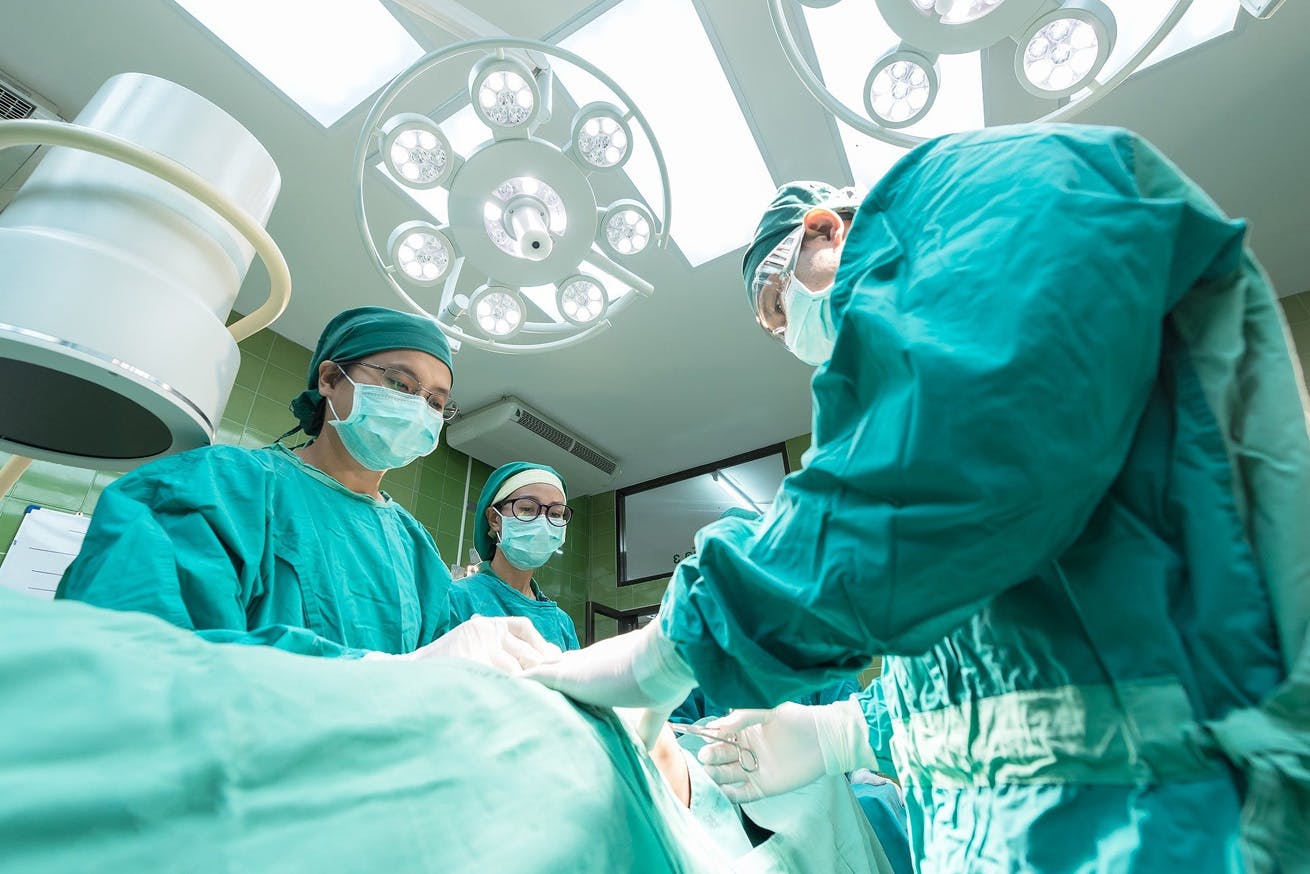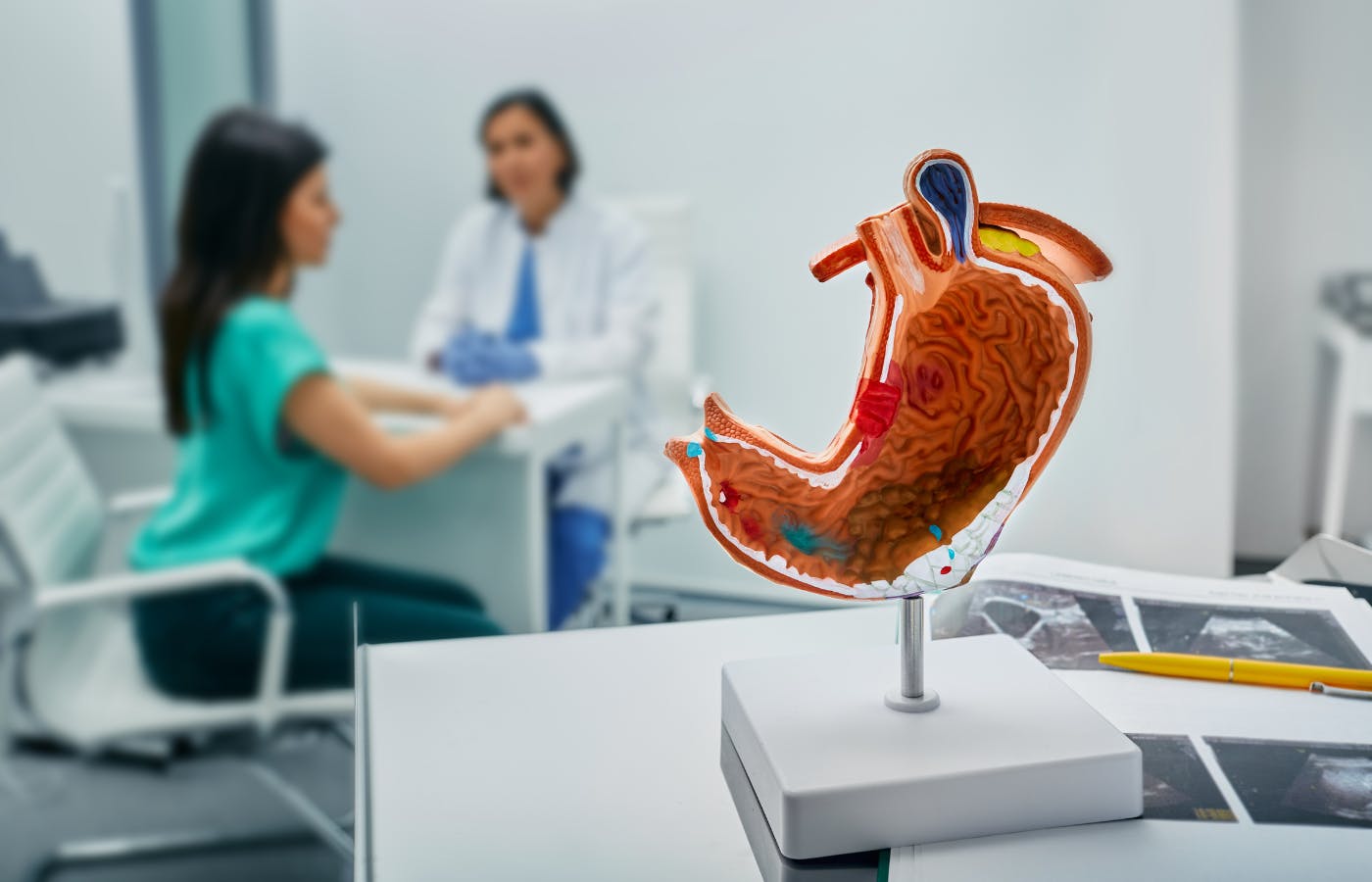Reflux Surgery in the NHS

The traditional surgical treatment for patients with severe reflux symptoms.
Book a Fundoplication consultation
Fundoplication surgery involves wrapping the top of the stomach (called the fundus) around the bottom of the oesophagus and then stitching it to itself. The operation aims to create a new high pressure zone to strengthen the lower oesophageal valve (LOS), preventing stomach contents from refluxing into the oesophagus. There are several variations of fundoplication during which different amounts of the stomach is wrapped either in front or behind the oesopagus. The most common procedure is called the Nissen fundoplication and is a 360 degree wrap. Others are called “partial” fundoplications including the Toupet, Lind, Dor and Watson, as well as others, in which only part of the LOS is covered by the wrap. While these variations all have theoretical advantages, there is no strong evidence that one kind of procedure is better than another. The success of the operation is mainly dependent on the patient selection and the expertise of the surgeon.
Mr Boyle gave me so much confidence that the operation was the right choice and on January 7th I had fundoplication surgery.
Fundoplication is a laparoscopic, or keyhole, operation. The surgeon makes four or five small incisions in the abdomen and then passes instruments through these incisions. The instruments include a laparoscope which allows the surgeon to see what they're doing on a high definition screen. If a hiatus hernia (when part of the stomach is protruding through the diaphragm) is present this is repaired at the same time. This operation takes around 60 minutes.
As with any surgical procedure there are risks (including blood loss, damage to internal organs, etc.) during the operation but the chances of these occurring are small. The bigger issue is that fundoplication operations are known to cause side effects in many patients.
Following surgery, problems can include difficulty swallowing and an inability to belch or vomit. Some patients may experience significant bloating and associated wind symptoms. These fundoplication side effects may resolve without treatment although they can persist permanently.
In well selected patients and highly experienced surgeons, fundoplication can be a good choice. Clinical data shows that the majority of patients enjoy better quality of life following fundoplication compared to patients taking medication. Surgery is particularly helpful in controlling heartburn and regurgitation symptoms.
As RefluxUK only works with leading consultant surgeons, with excellent success rates and experience, fundoplications can be the best option for some patients based on their diagnostic test results.
In terms of fundoplication recovery time, most patients can return home on the day of surgery and tend to follow a 'sloppy' diet and light exercise for the first week or two, and returning to normal food and activites after the third week.